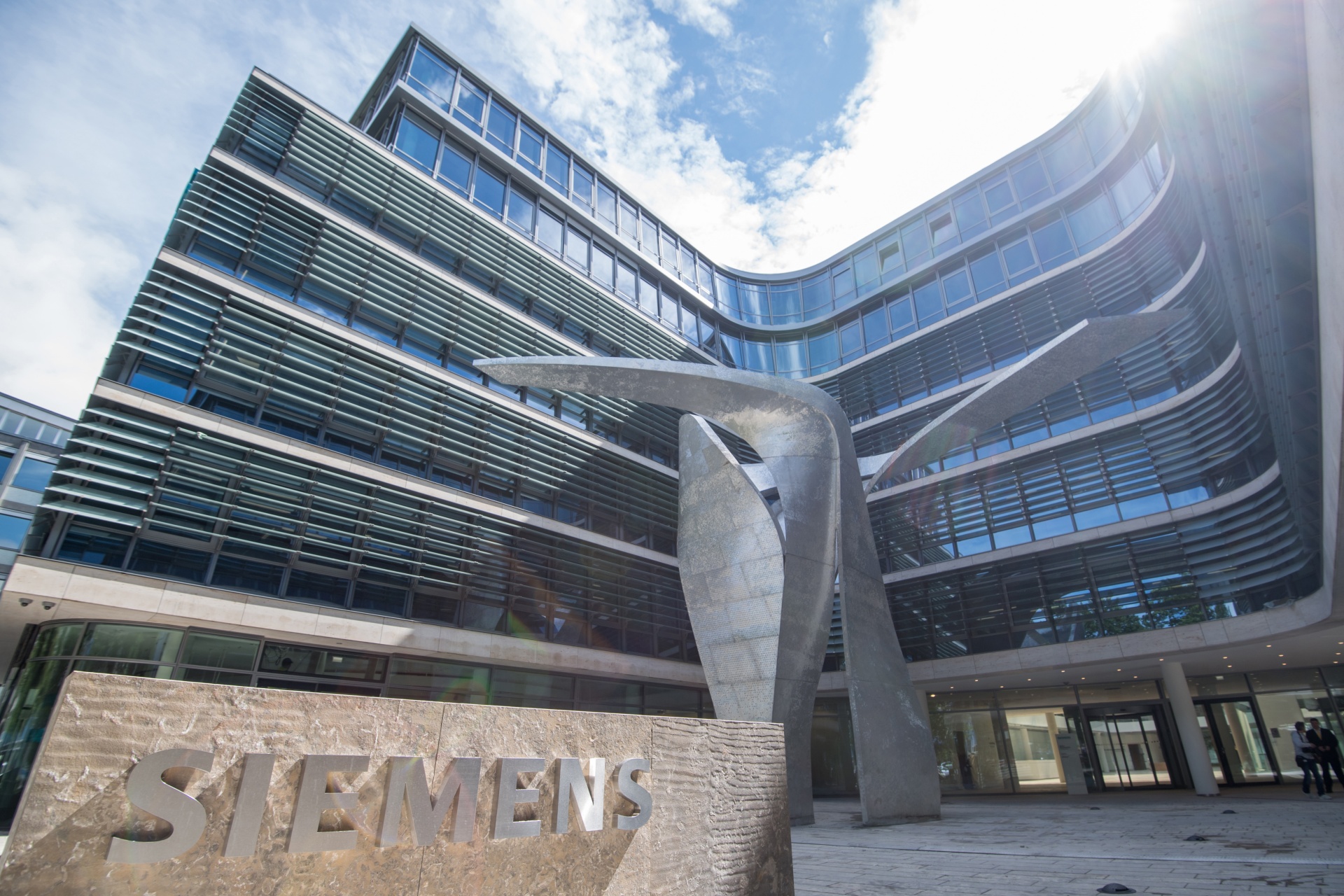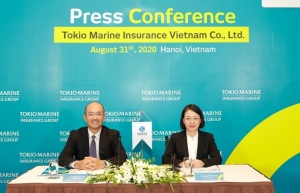Siemens turns 175
The anniversary event featured German Federal Chancellor Olaf Scholz, together with numerous guests from the realms of politics, business, and academia.
On October 12, 1847, Siemens started operations as a small factory workshop with ten employees manufacturing pointer telegraphs in a courtyard tucked away behind a building on Schoeneberger Strasse in Berlin.
 |
| Siemens' headquarters in Munich, Germany |
Now, 175 years later, Siemens has more than 300,000 employees around the world and, with around €62 billion ($60.4 billion) in annual revenue, is one of the world’s largest technology powerhouses.
“Siemens laid the foundation for the industrial age 175 years ago”, said Chancellor Olaf Scholz.
“With its innovations today, Siemens is also helping to drive the digital and ecological double transformation. I would like to offer my sincere congratulations on the 175 years in which Siemens has electrified, moved, connected, and reinvented the world again and again. In short, 175 years of success made by Siemens, made in Germany,” he added.
Roland Busch, president and CEO of Siemens said, “Siemens keeps reinventing itself to anticipate new technologies and trends in order to remain relevant for our customers in the decades ahead,”
“We want to continue to play a leading role in helping customers and communities to tackle their biggest challenges now and in the future,” Busch added.
| Today, Siemens focuses on the fields of industry, infrastructure, transportation and healthcare, and is a leading technology company in terms of digitalisation. |
Since Siemens was founded, the company has been an employer of, a home to, and a way of life for millions of people.
To date, a total of around four million people worldwide have worked for the company. As far as countries are concerned, Germany remains Siemens’ biggest business location.
In the fiscal year 2021, the company employed around 86,000 people and generated revenue of more than €11 billion ($10.7 billion) in Germany. In the German market alone, the company hired around 4,000 people.
Over the past 175 years, Siemens has made industrial and technological history, transforming the everyday lives of people around the world.
Werner von Siemens achieved one of the most important innovations in 1847 when he constructed the pointer telegraph – the future global company’s first product. His invention made it possible to use electricity to transmit messages much more quickly and reliably over long distances. Such advances marked the beginning of global connectivity.
Even more groundbreaking was Werner von Siemens’ invention of the dynamo machine in 1866. This typewriter-sized box was the first device able to convert mechanical energy into electric power economically – this capability paved the way for the age of electricity.
Siemens, however, has done more than just set technological milestones. The company was also ahead of its time with respect to social issues.
For example, the company introduced a pension fund for its employees back in 1872. In Germany, it was not until around 20 years later that comparable governmental benefits were enshrined into law.
Nathalie von Siemens, a descendant of the company’s founder said, “We’re part of an epochal change like the most recent one that the world experienced in the 19th century.”
“Looking back 175 years, it was the beginning of the industrial revolution, which Werner von Siemens helped usher in. Today, digitalisation is transforming our societies as profoundly as industrialisation and the spread of electricity did back then,” she continued.
Today, Siemens focuses on the fields of industry, infrastructure, transportation and healthcare, and is a leading technology company in terms of digitalisation.
Since 2008, Siemens has invested €10 billion ($9.7 billion) into software companies. In the fiscal year 2021, Siemens spent around €5 billion ($4.9 billion) on research and development and its researchers registered around 4,500 inventions.
To shape the digital transformation, Siemens brings hardware and software together, combining the real and digital worlds in operational and information technology. These capabilities enable customers and partners to increase their productivity and competitiveness and accelerate innovation.
 | Insurer turns up heat on Japanese appeal General director Hideaki Maeomote of Bao Viet Tokio Marine Insurance (now Tokio Marine Insurance Vietnam) told VIR’s Phuong Thu about the company’s new brand commitment and experience of quality Japanese services for clients and how this new brand inspires customers to achieve their life goals. |
 | Pandemic shock therapy turns retailers towards omnichannel The coronavirus pandemic has changed consumer shopping behaviour, prompting retailers to embrace online commerce to keep up with new trends. |
What the stars mean:
★ Poor ★ ★ Promising ★★★ Good ★★★★ Very good ★★★★★ Exceptional
Related Contents
Latest News
More News
- Agro-forestry and fisheries exports jump nearly 30 per cent in January (February 09, 2026 | 17:45)
- Canada trade minister to visit Vietnam and Singapore (February 09, 2026 | 17:37)
- New tax incentives to benefit startups and SMEs (February 09, 2026 | 17:27)
- Vietnam forest protection initiative launched (February 07, 2026 | 09:00)
- China buys $1.5bn of Vietnam farm produce in early 2026 (February 06, 2026 | 20:00)
- Vietnam-South Africa strategic partnership boosts business links (February 06, 2026 | 13:28)
- Mondelez Kinh Do renews the spirit of togetherness (February 06, 2026 | 09:35)
- Seafood exports rise in January (February 05, 2026 | 17:31)
- Accelerating digitalisation of air traffic services in Vietnam (February 05, 2026 | 17:30)
- Ekko raises $4.2 million to improve employee retention and financial wellbeing (February 05, 2026 | 17:28)

 Tag:
Tag:


























 Mobile Version
Mobile Version